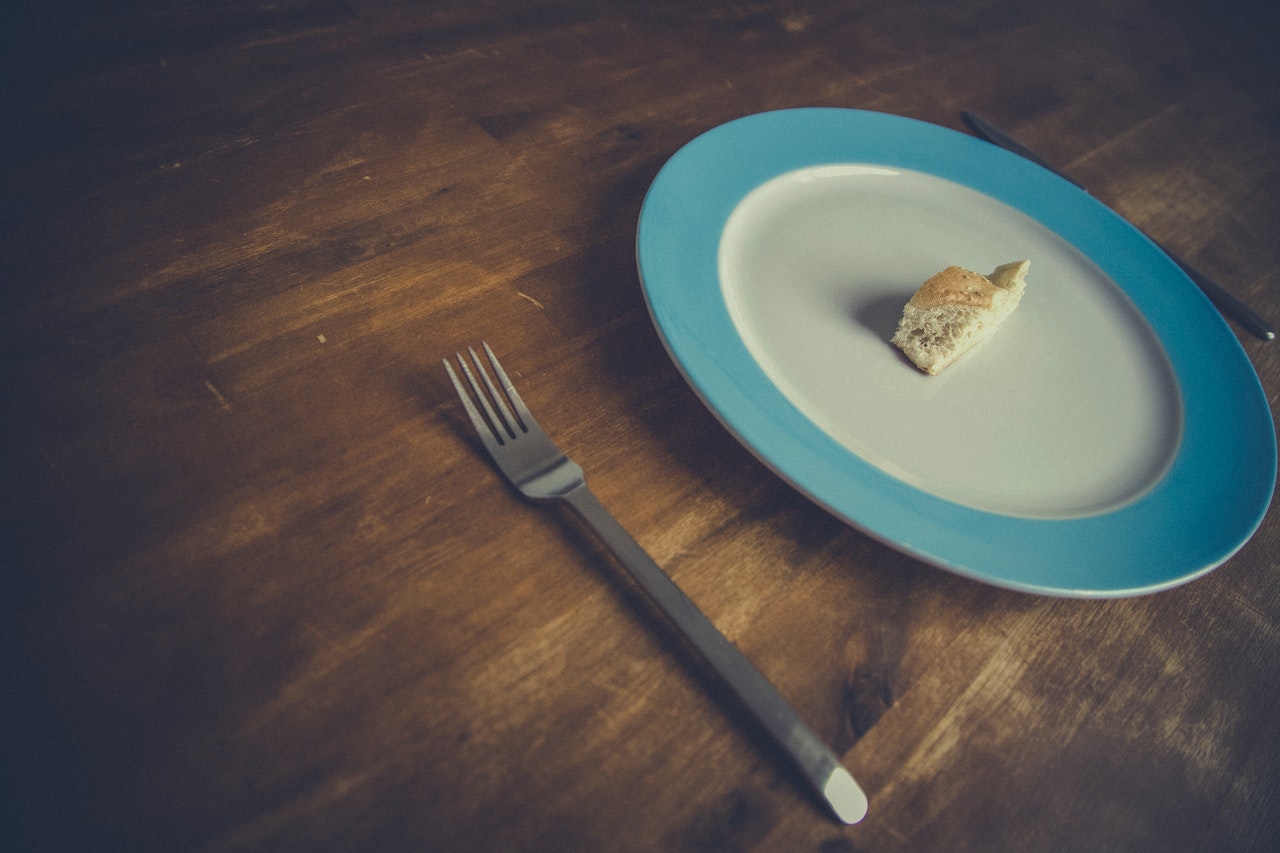
04 Apr How to stop weight from coming back after a diet
I’ve dieted and now I’m flabby, have cravings, and I’m gaining weight back.
How many times have you said that? I’m guessing every time you dieted. Sorry, but low calorie diets don’t keep your weight off. They leave you tired, craving sweets, with muscle loss, and with a slowed metabolism. You might even have thinning hair, feel cold, and have poor sleep, too.
Then you regain the weight and more, even if you don’t up your calories.
Don’t despair. You can boost your metabolism and fix the problem. You don’t have to be stuck like this.
First realize what dieting does to your body. It’s not as simple as calories-in-calories-out. Your body will slow its metabolism to accommodate the fact that you’re starving. Your body can’t know that you just want to look good in your swimsuit. It thinks you’re in a famine and it’s helping you survive. So don’t be a CICOpath.
Steps to recovering your metabolism and optimizing your weight
Lift heavy weights. When you diet, your body has to sacrifice something. You wish it sacrificed the fat, but likely it sacrificed muscle. Muscle burns a lot of calories, and gives your body a better shape. So lift weights to build muscle and boost metabolism. This is why I started a weight-lifting program with a trainer. You could also try high intensity interval training, which has even more benefits.
Don’t eat. Fasting is amazing. If you don’t eat, your body will turn to your fat stores for energy. Fasting also improves mitochondrial function, which is a fancy way of saying your body can produce more energy. Fasting improves blood sugar control so goodby cravings and sugar crashes. I do fasting myself, and I like how I feel, as long as I don’t push too hard.
Eat healthy fats. Choose fats that are real foods, like avocados, olives, nuts, and salmon. Also try olive oil, coconut oil, grass-fed organic butter, and ghee. My fave is almond butter. Avoid canola oil and other vegetable oils. Fats prevent the insulin roller coaster that comes with eating sugars and carbs. Fat actually helps you lose weight, in spite of the familiar yet outdated advice. Fat, and proteins too, will sustain you through fasting too. If you eat a whole lot of fat, and very little starchy carbs, that’s going keto–even more helpful for boosting metabolism.
Don’t eat flours and sugars. They are startling low in nutrients and cause insulin to spike and then promote cravings. And don’t eat artificial sweeteners or processed food. If you eat real food, you are unlikely to stuff yourself like we all have done way too many times with treats that come in a box or bag.
Eat the rainbow. Colorful fruits and vegetables have the nutrients your body needs to repair muscle and increase your metabolism. Have veggies at every meal, and try to fill a half to ¾ of your plate with them. They make such a difference in your health and weight.
Eat enough food. Too little food got you into this problem. Even if you have a perfect diet, too little food can keep your body firmly in starvation mode, clinging to every last pound. I suggest you stop obsessing over calories or grams. I don’t count calories. I focus instead on eating nutrient dense food. And on fasting days, don’t reduce how much you eat, just reduce how often you eat.
Eat probiotic food. Yogurt is a good choice. I make my own sour cream and sauerkraut so I get plenty of probiotics. Probiotic supplements are an option too. They balance your internal microbiome, which often gets out of whack with a restrictive diet. And a healthy microbiome is essential for health and healthy weight.
Get enough sleep. It is critical for a healthy weight, and for health in general. If your dieting left you with poor sleep, all the above suggestions will help you get back to restorative sleep. But you can also optimize your ability to fall asleep and stay asleep. And don’t fall into the trap of believing that important people don’t sleep much.
Reduce stress. Stress is guaranteed to keep you holding onto weight. And not just mental stress, but also physical stress. If your body is stressed from poor hormone regulation, underlying infection, low thyroid, chronic illness, or toxic exposure, your body clings to weight.
Detox. Did you know that your fat cells hold onto toxins for you? Otherwise, they would float around your cells and blood and cause more damage. Support your detox through regular elimination, drinking lots of water, eating foods that support detox, sweating, breathing heavy, and sauna. I just got a sauna because I really want to detox. I’ll let you know how it works for me.
If this sounds like a lot, that’s because it is, but I can help. I can help you prioritize your strategies, and take them step by step. Contact me for a free intro phone call. I’m a National Board Certified Health and Wellness Coach. And I’m a Functional Medicine Certified Health Coach. So I’m qualified to help you reach your health and weight goals.
Comments: Tell your experience with weight gain after dieting.
Chris Kresser: Undereating
Dr. Hyman: Fixing a Slow Metabolism
Dr. Axe: Metabolism Boosters
Dr. Mercola: Boost Metabolism with Cyclic Keto
Dr. Mercola: Fasting Guide



No Comments